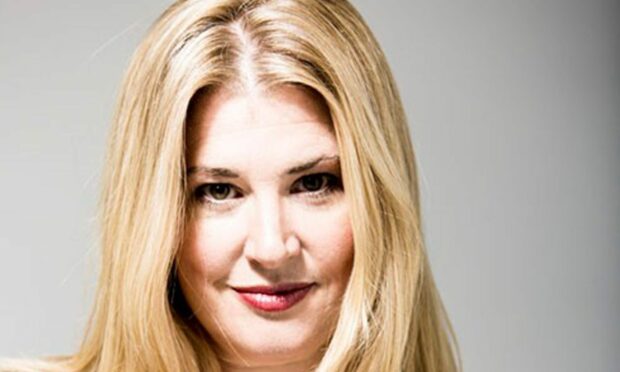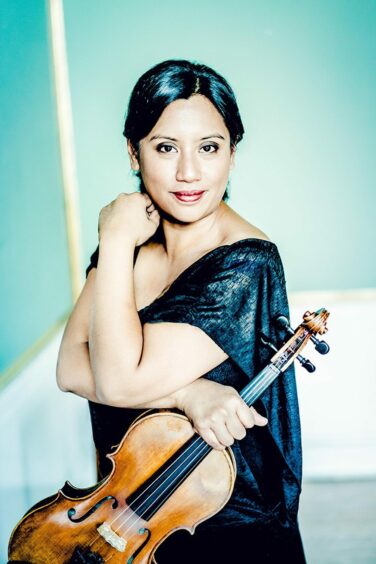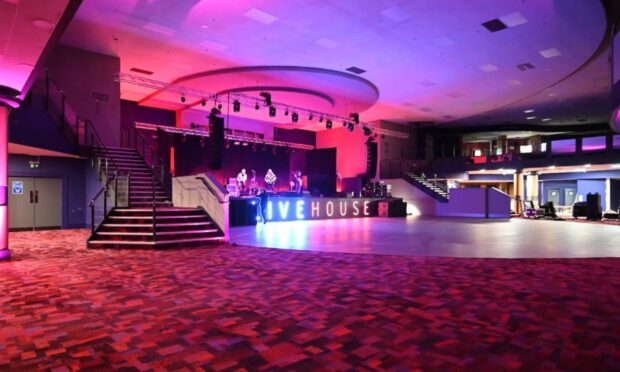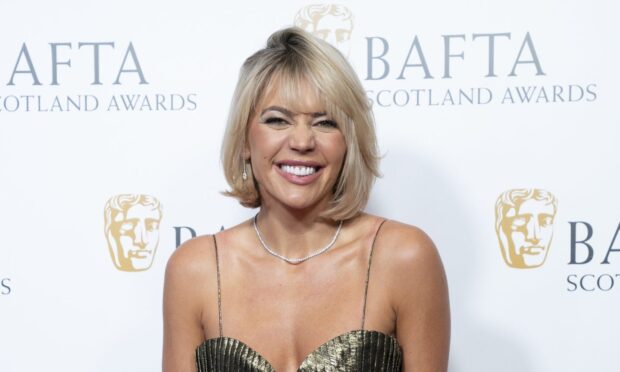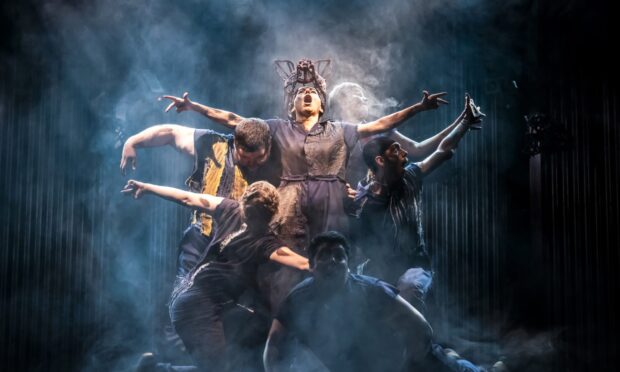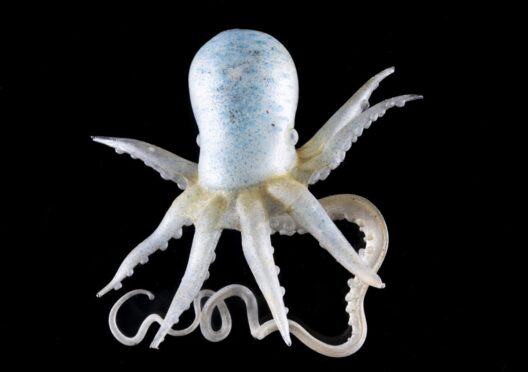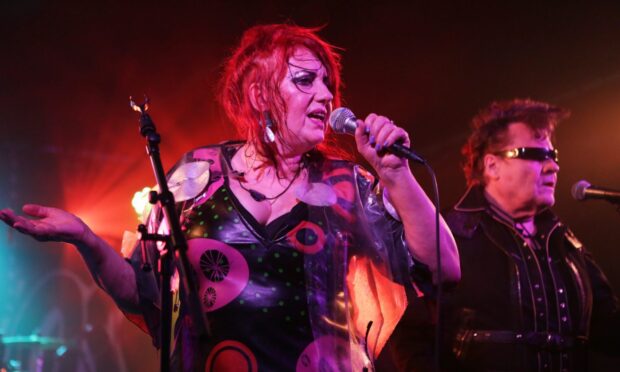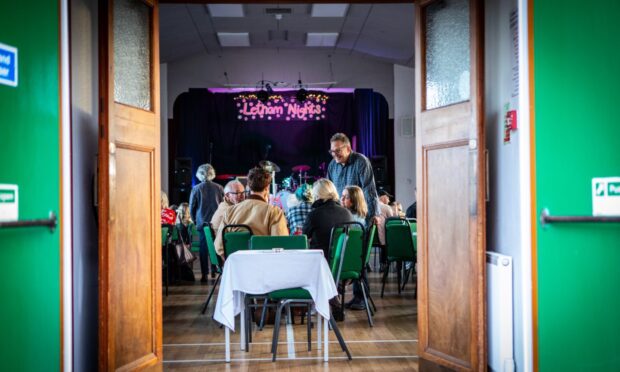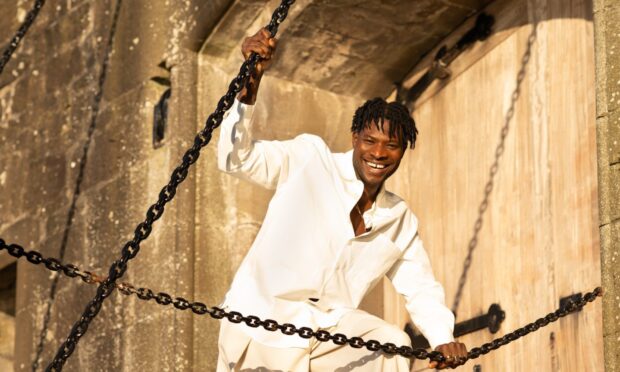When the word “trio” comes into play in the chamber music world, one immediately thinks of violin, viola and cello or violin, piano and cello.
But the Metamorphoses trio thinks differently, adopting the unusual combination of clarinet, viola and piano of which I think is a refreshing change to the chamber music norm.
Deeper than a violin
Many thanks to Dundee Chamber Music for providing this innovation.
You rarely hear a viola given such exposure and its deeper-than-a-violin tone was perfect match for the higher-pitched clarinet.
Then you have a piano which, I must admit, fits any musical line-up.
All it now needs are players eager to show off their particular instruments, and goodness didn’t Jean Johnson (clarinet), Carmen Flores (viola) and Ilona Timchenko (piano) do them proud.
Their recital in the Marryat Hall on Tuesday was a winner all the way.
Mozart wrote his famous Kegelstatt Trio for this combination, and while he set the ball rolling, few composers followed suit.
The others we heard on Tuesday – two familiar, two less so – gave a glimpse of the repertoire this ensemble can enjoy.
Schumann’s Fairy Tales
The concert opened with 4 Fairy Tales by Schumann, and in these occurred the only instance in the concert where the balance wasn’t spot on.
However, this was rectified in the Mozart trio, the only work in the concert I knew reasonably well.
Parity in performance manifested itself particularly in the final Rondo, with the previous Trio featuring a “dialogue” between clarinet and viola that was quite volatile at times.
From this magnificent Mozart came brilliant Bruch, three pieces for the trio that added deep Romanticism to the agenda as well as a variety of moods.
There ended works by composers who were household names. Following were two “newbies”, certainly to me, who injected equal amounts of exciting, listenable and approachable music which demanded more virtuosic performances from the players.
Metamorph was specially written for them by the Dutch Theo Leovendie and premiered last year. It was a prefect mix of dissonance and melodic structure.
I loved the essences of jazz that percolated throughout the work, and I loved the ensemble’s spritely and exuberant interpretation.
However they kept the best to last, a trio from Jean Francaix that had a five-star rating both in construction and performance.
‘A smile on your face’
Jean Johnson hinted that this work would leave “a smile on your face and a song in your heart” and she was spot on!
There was a great deal of fun in this, as well as beautiful lyrical qualities – the Largo was quite delightful – but the perpetual motion of the Allegrissimo and bouncy, joi de vivre of the final presto made for a performance that brought the concert to an end in splendid fashion.
As trios go, this was world class in every aspect and deserved a much bigger audience. Maybe some were put off by the instrumental line-up but those missing out missed a real treat.
